Looking ahead: Friends of Falmouth cast their minds forward
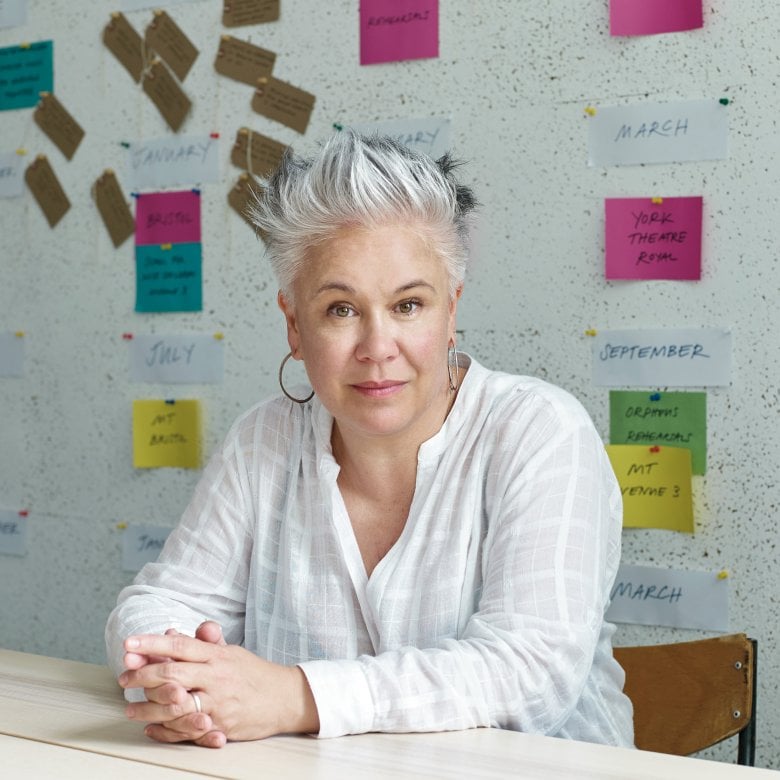
What will Falmouth look like in the future? We asked friends of the University, Emma Rice, Rob Da Bank, Philip Marden and Sir Tim Smit KBE, to cast their minds forward.
Emma Rice: 'A Beacon of Creativity'
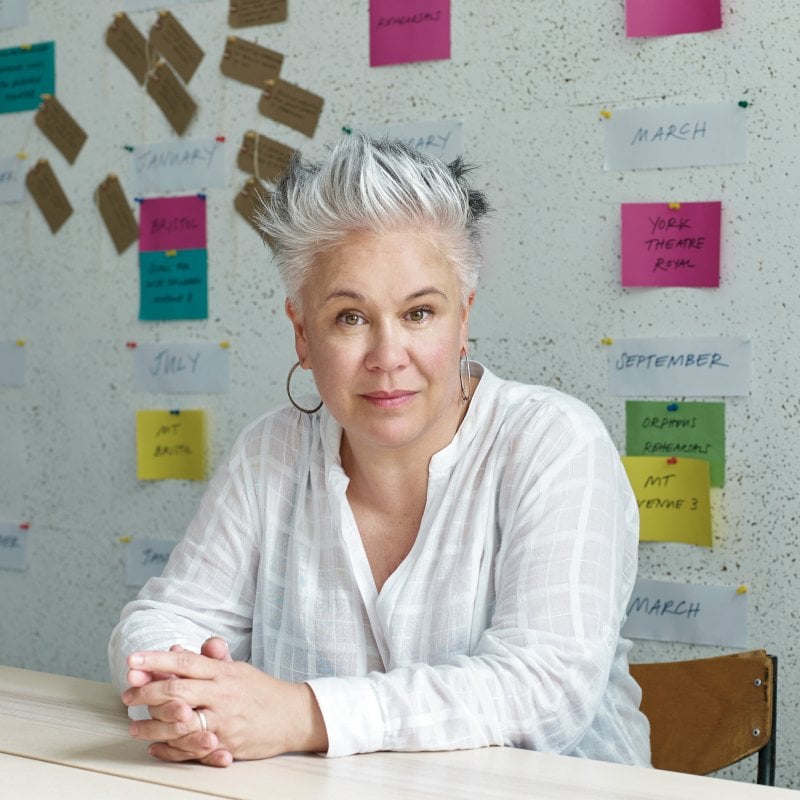
If I close my eyes and look forward, I see the future as a land of individuals. Technology will allow us to leave the cities and deliver our banking jobs from our bedrooms. Families will stick together and, as water becomes scarce and weather becomes more extreme, we will close the doors, dig our own wells, grow our own food and look with suspicion at our neighbours. We will hold everything we care about tight and sleep lightly as we worry about what might happen if we let the world in.
But what of the beating heart of community? What of ritual and celebration? What of the sweet joy of feeling part of something? This is where I believe Falmouth University will shine like a beacon. The power of the sea will break down the barriers, throw open the doors and remind people that life is for sharing! Cheered on by the army of free spirits that have gone before in Falmouth, fires will still be lit, songs will be sung and dances danced with sweaty, sexy and urgent abandon.
Perhaps others will film this rare humanity and beam it to those still fearful in their houses? The people watching will marvel with envy as they witness the intimate beauty of laughter and shared purpose – the call of the wild, the call of the free and a reminder that we are sociable animals who need to feel the elements on our skin. Falmouth University, proudly teetering on the craggy edge of the planet, will cherish the irresistible complexity of human beings and continue to fight for the primal (and vital) pleasure of sharing stories.
Rob Da Bank: 'Fast-forward in festival-land'
Fifty years from now, I imagine a festival world that exists not just on earth but also virtually. We’re right at the start of a super-exciting new chapter in festivals, with the advent of the metaverse and being able to connect audiences around the world in real time – in many different territories, all at the same time. No doubt, in 2072, this will have become a daily reality for party people and festivalgoers of all ages. But I also imagine that the beautiful city of Falmouth, with its historic harbour, winding streets and cultured folk of many styles will look reassuringly familiar and will not have been bulldozed into oblivion.
As we move through the decades away from the 2020s, I feel culture and art will become more important than ever. So, while we’ll embrace technology and the ease of logging onto a virtual world, I believe we’ll also see festival culture continue to seep into the high street. We’ll realise there’s nothing as joyful as a real-life festival to get lost in. Falmouth may well be one of the hotbeds of that culture.
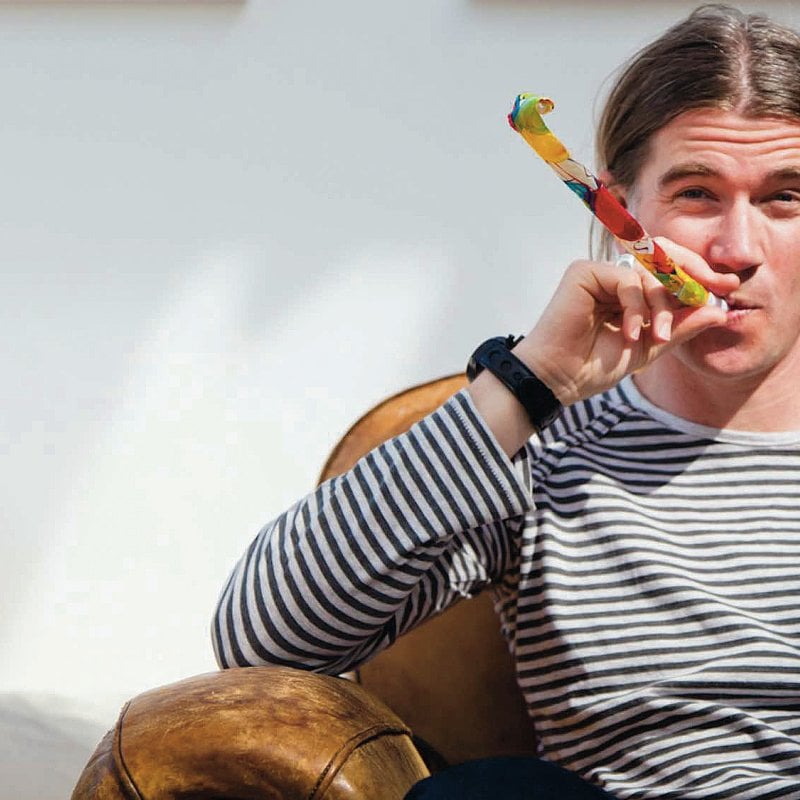
Philip Marsden: 'Fine Art Degree Show 2102'
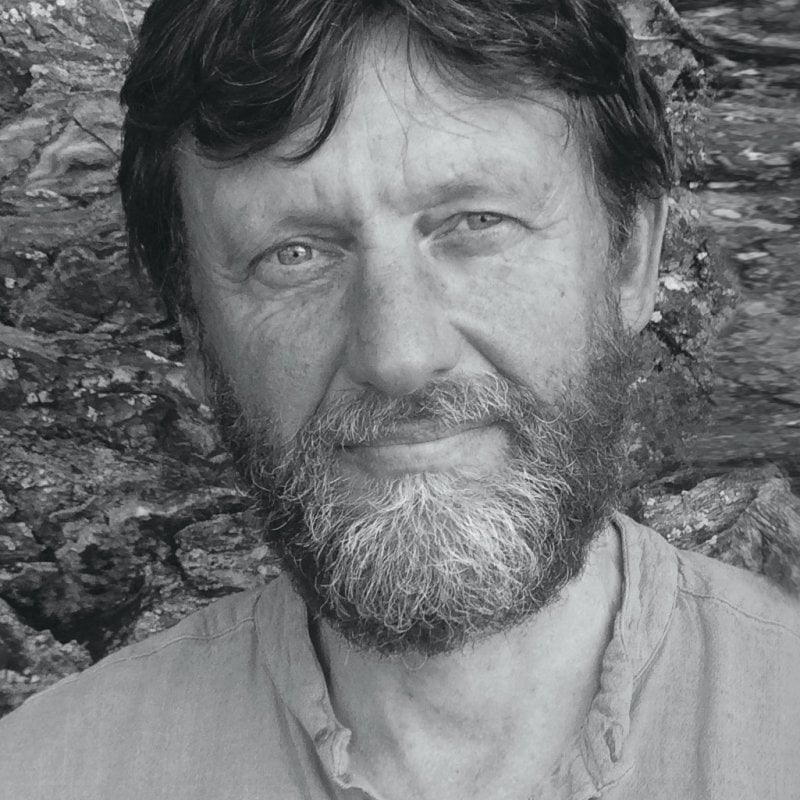
The campus at Woodlane goes straight down to the beach. There is no road, ever since the storm of 2082 and the government policy of ‘what the sea takes, the sea can keep’. In the fashion studios, students are dressed in matching blue breeches and green frock coats. Georgian retro is back in – and the taboo on wearing any colour but green and blue has not been challenged since the Greenpeace-Tory coalition came to power in 2065.
In the art rooms, the Bicentennial Fine Art degree show is about to be assessed and the students are standing beside their work. The brief for all art schools was, as usual, to work from an image selected by the national board (marks awarded for the truest reproductions). This year’s picture is a framed print discovered in the last ‘pub’ (a place where people used to meet and drink) which recently closed down. No-one was quite sure what the old picture was showing. Its ‘Tally Ho!’ caption, its running horses and the portly gentlemen on their backs were believed to have been some sort of group therapy, possibly shamanic.
The external examiner is himself a distinguished artist who, as advisor to the Ministry of Popular Things, helped push through the great Arts Reform Act of 2070. He steps into the room, looks around and at once a look of deep confusion crosses his face.
“We thought,” says the tutor, “that it might be interesting this year to encourage the students to do something, well, something a little different.”
“Different?” The examiner steps up to a semi-abstract image of a lone figure gazing through a small window at a distant landscape. “What on earth is this?”
“It’s an idea I had,” says the student. “An image that has been on my mind for ages – and a feeling. I based it on that.”
Examiner: “You did what?”
Falmouth University: Challenging conformity since 1902
Sir Tim Smit KBE: 'A short note from 50 years hence...'
The dystopian imaginations exercised by the culture of anger and outrage that so characterised the first 30 years of the 2000s gave way to a fear that, unlike the pandemic of 2020-22, something more sinister was happening. All over the world, populations began to shrink. At first it was more a case of stasis, but as the older generations passed the vacuum was noticed. A child born to friends or family was celebrated with greater enthusiasm than ever before. This was the start of the great decline. There were myriad explanations or suggestions; the main contender was that the pharmaceuticals in the water finally created a concoction that sped up the already noticeable infertility of men.
In Falmouth, the changes were radical. A new movement took hold, a sort of modern version of the Arts and Crafts movement where beauty and nature became the bywords for happiness. Skills once called “artisanal” were being rediscovered in what felt like a replay of the Renaissance; the culture of craftspersonship, or touched by person, became dominant and reaction to highly processed and mass-manufactured products became rampant. High streets, cities and towns started to re-establish community, as if to stand in place of religions long hollowed out by secular cynicism.
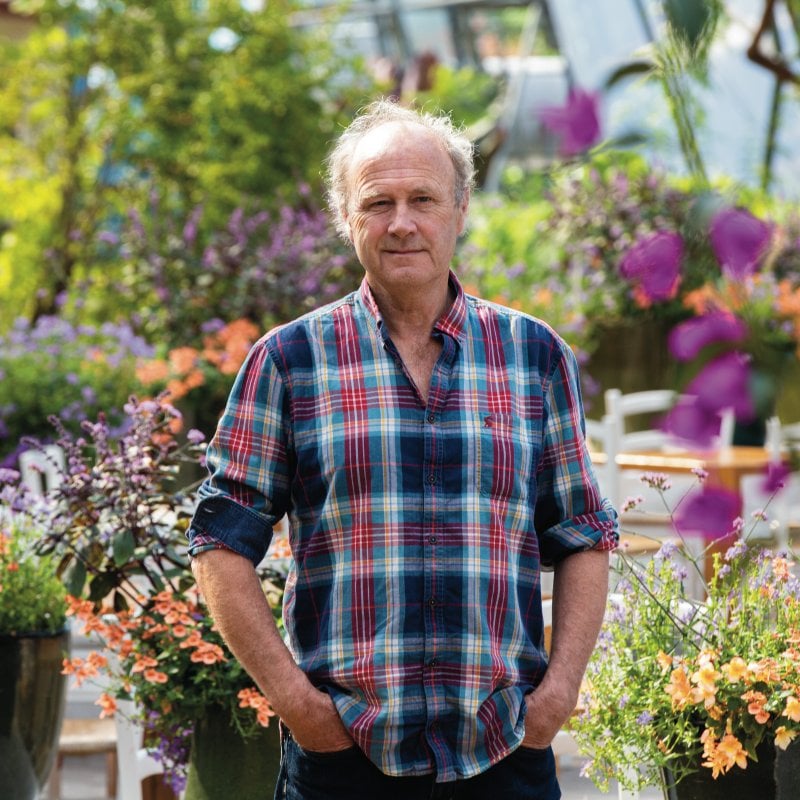
What began as a trickle saw Falmouth University institute courses in creative reimagining – ecological systems management for urban and rural wellbeing. There were technical engineering programmes for artificial intelligence (AI), in which data-driven emotional needs management was being developed for the elderly and lonely as well as for childcare and nannying functions. The old preferred their AI carers to be real people, because they always had new stories to tell, new news and they could discuss everything without shame or fear of feeling like a burden. In fact, the nobility of the AI craft saw them revered like butlers of the highest order. The AI persons could play any role required and could coach or train people out of bereavement, loneliness or cater to any whim or appetite at all evidenced by their companion clients.
The biggest department was one that had had a false dawn in the early decades... landscape design, but, as it transformed into terraforming and urban village-making, there were hundreds of students working at reimagining cities and returning them to villages inside cities – allowing for both the human need for belonging and the efficiencies of systems working at scale. It was here that the frontier of transdisciplinarity started to be breached, as people realised that the more they worked in systems and pushed their understanding of where they interfaced with others, the more they started to see the emergence of properties previously unsuspected. Nowhere was this more evident than the form of local regenerative agriculture. Collaborating with cheap renewable energy and spaces curated for growing absolutely everything wanted by a community, it saw the breaking of the bonds of supermarkets – instead creating “super markets” in the literal sense.
The hustle and bustle of these renewed towns saw a flowering of muscular localism and the growing capacity through internet prescription and access to medical diagnostics of GP surgeries, enjoying connection to the very best and latest that the world had to offer. Instead of stress caused by fear of bad diagnostics, GPs became specialists in patient care and the explaining of treatment and the comforting of the anxious. The localism continued into 3D printing technology, where the manufacturing companies of the world set up local resources to completely undermine the old, expensive and polluting supply chain. A local garage would print parts for cars, and so on.
In summary, the rediscovery of systems thinking, marrying with a modern Arts and Crafts aesthetic and techno capability, saw a revolution many would call the Green Enlightenment emerge from the tail end of the industrial revolution. Falmouth University, as a pioneer in transdisciplinarity and a philosophy based on wholism, or holism, became the byword for modern thinking – where the world moved to soft-edged adaptability, belonging and values-driven commerce. ‘Human’ started to live up to the idea the name suggested: Homo Sap Sap, so wise we named ourselves twice.
More stories
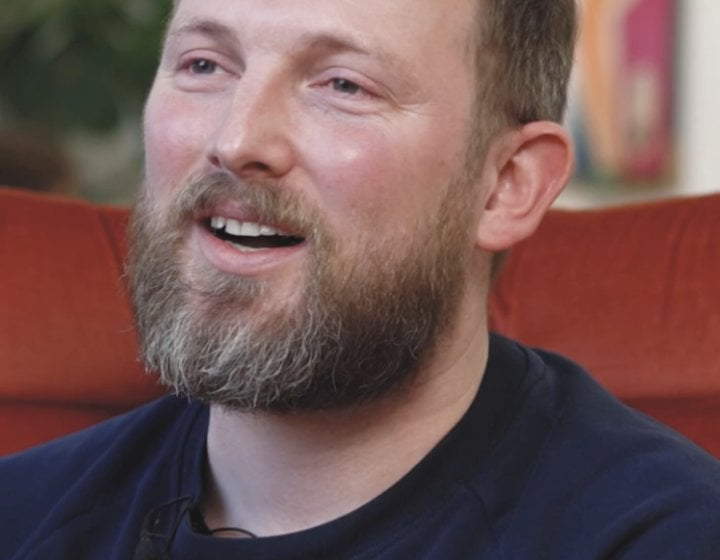
Meet Falmouth-based design studio Kingdom & Sparrow
06 July 2023
Behind the doors of the old School of Art building lives the distinctive design agency and a team of...
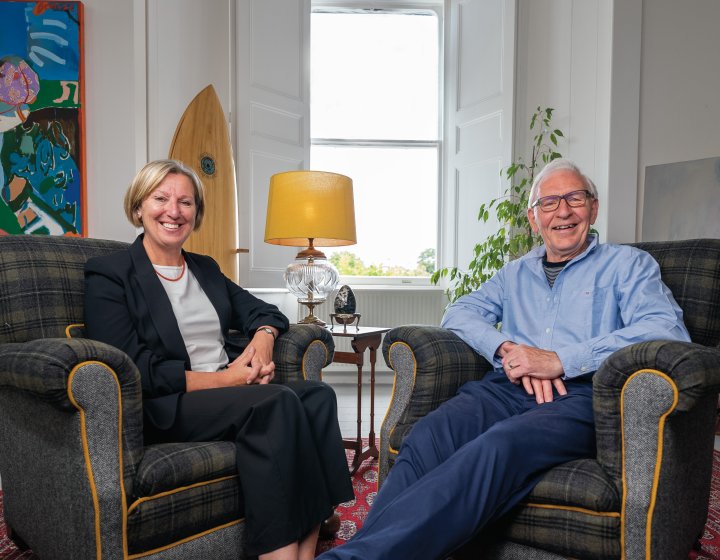
In conversation with Professor Alan Livingston CBE (Part 1)
16 December 2022
Our Vice Chancellor talks to the former University College Falmouth principal about the challenges a...
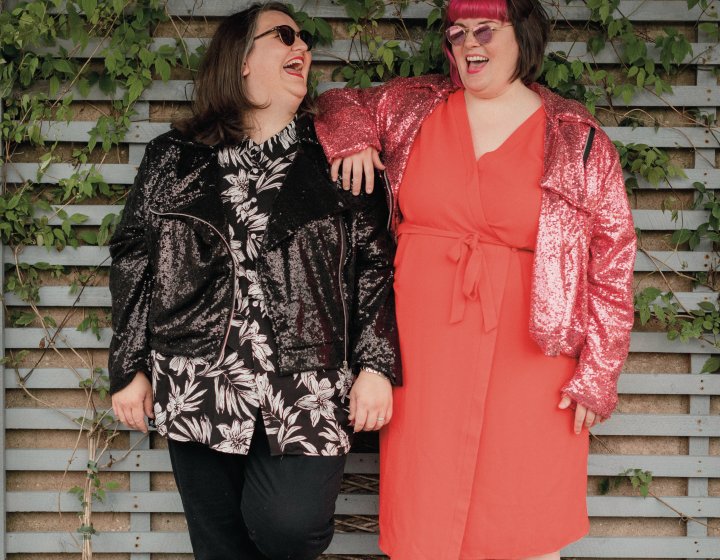
Lifelong connections made at Falmouth
15 December 2022
Hear from former students who’ve formed lifelong connections with friends they met at Falmouth.
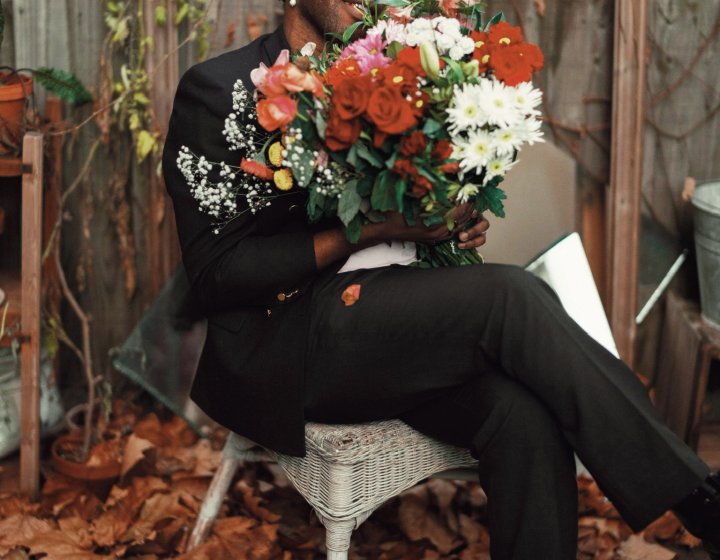
Hear from inspiring alumni
15 December 2022
Meet just a few of our outstanding alumni and discover where it all started.
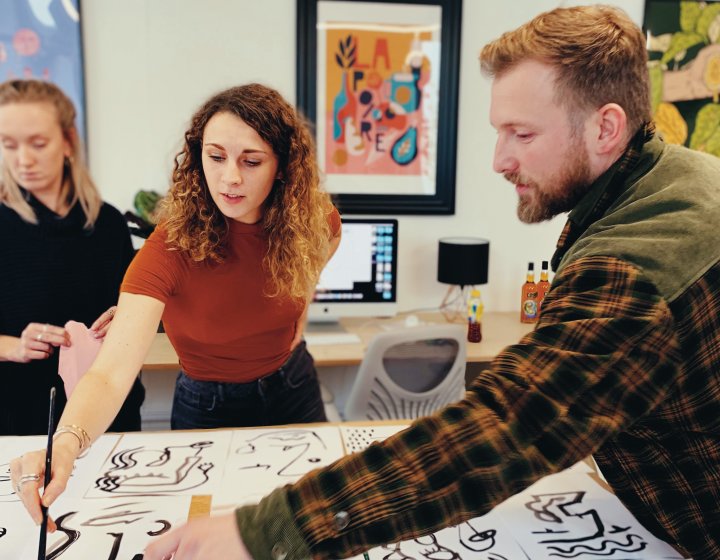
Meet the creative team now based in the original Falmouth School of Art building
15 December 2022
We visit Kingdom & Sparrow, the creative team now based in the building where it all began.
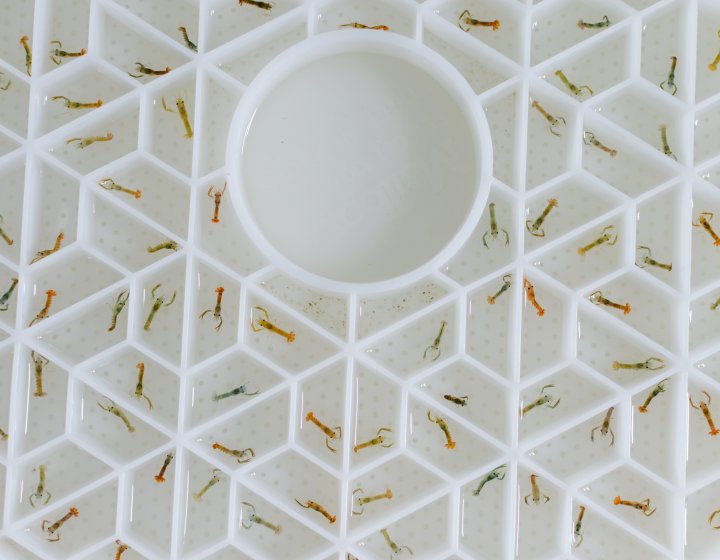
Research at Falmouth: Building on the rich legacy of a creative county
15 December 2022
Professor David Prior, Director of Research, reflects on the incredible evolution of Research & Inno...
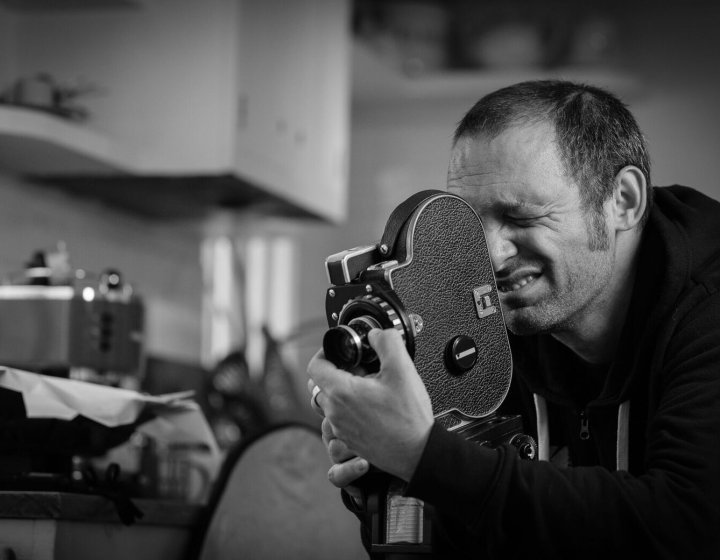
In conversation: Dennis Lowe & Mark Jenkin
15 December 2022
Dennis Lowe and Mark Jenkin discuss classic cameras, creative inspiration and their experiences at t...
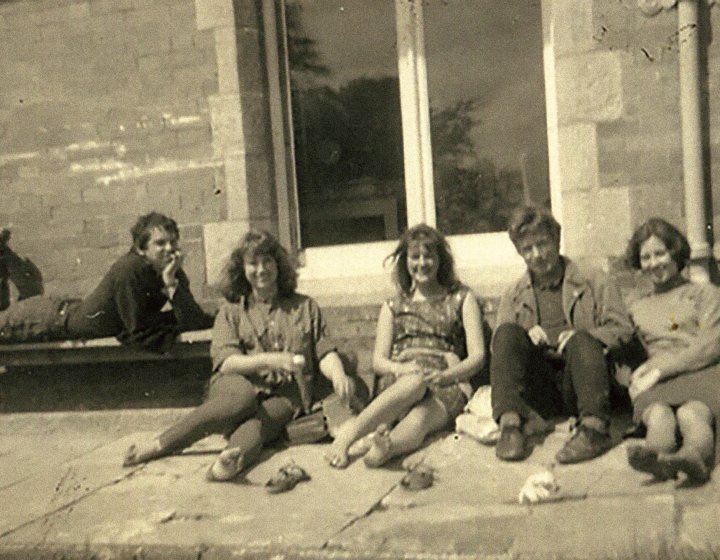
Then and now: Student life
15 December 2022
In 60 years, how has student life changed? From parties to politics, two students past and present d...
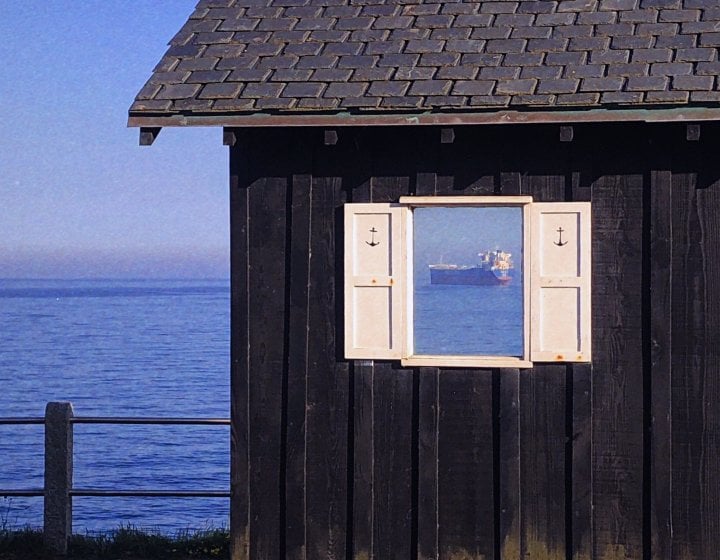
Falmouth alumni photo album
27 April 2022
Explore Falmouth life through the lens of our graduates. Whether you're reminiscing about y...
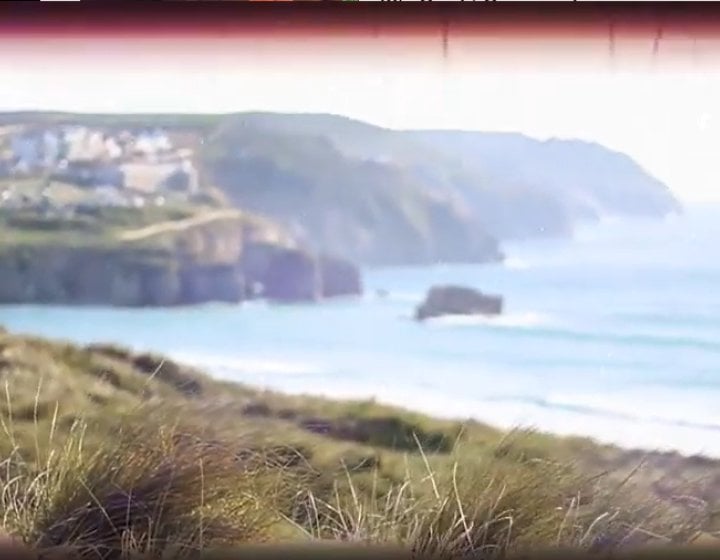
A year to remember: Abii Birkett shares first-year film
27 April 2022
Watch Graphic Design graduate Abii Birkett's nostalgic first-year film.